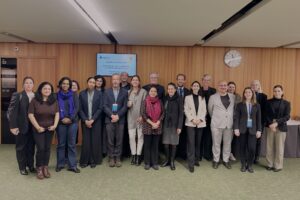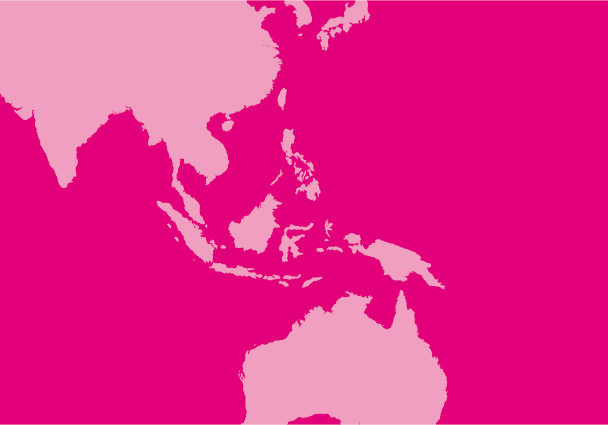
Mar 17, 2011 | News
 The Court of Appeal overturned the conviction of Pol. Maj. Ngern Thongsuk due to insufficient evidence in the case of enforced disappearance and presumed murder of human rights lawyer Somchai Neelapaijit (photo).
The Court of Appeal overturned the conviction of Pol. Maj. Ngern Thongsuk due to insufficient evidence in the case of enforced disappearance and presumed murder of human rights lawyer Somchai Neelapaijit (photo).
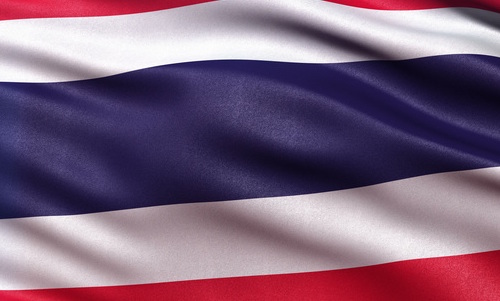
Mar 11, 2011 | Agendas
On 11th March 2011, the Court of Appeals rendered a verdict acquitting all five police officers accused of abducting, killing and “disappearing” prominent Muslim lawyer, Somchai Neelapaijit. This decision has important consequences not only for the Somchai case itself, but for broader issues of justice, human rights and rule of law in Thailand. The Justice for Peace Foundation (JPF) and the International Commission of Jurists (ICJ) will be holding a public event to examine key legal and political issues concerning this case, from 12:00 – 15:00 on 17th March at the FCCT. The event will be in Thai and English, with simultaneous translation. It will feature a film of Somchai’s last public speech the night before his enforced disappearance, followed by speakers:
- Angkhana and Pratabjit Neelapaijit, widow and daughter of Somchai
- Vitit Muntarborn, Professor, Chulalongkorn University, UN human rights expert
- Roger Normand, ICJ Asia Pacific Director
Their brief presentations will be followed by an extended question-and-answer session. Complimentary refreshments will be served.
Thailand-judgement Somchai Neelapajit case-agenda-2011-eng (full text in English, PDF)
Thailand-judgement Somchai Neelapajit case-agenda-2011-tha (full text in Thai, PDF)
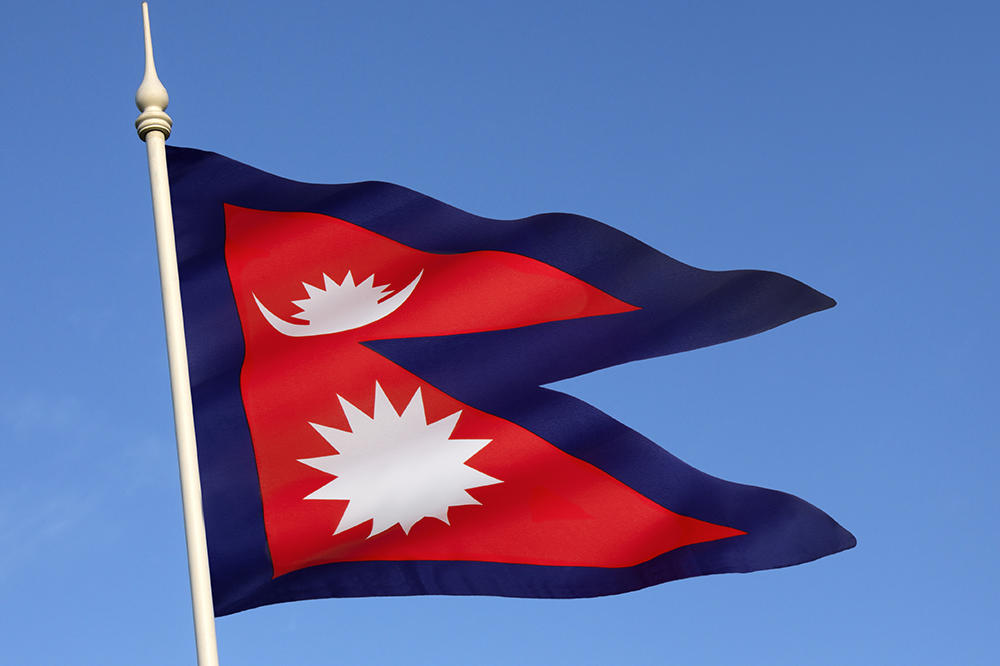
Mar 9, 2011 | News
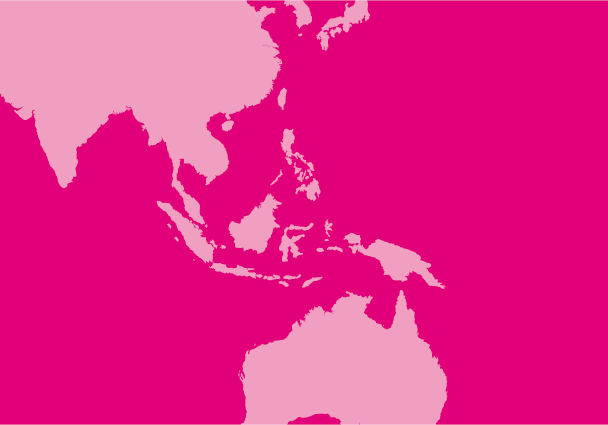 The new government of Nepal should respect the rights of Tibetans in Nepal to freedom of expression, assembly and association, the ICJ and other human rights groups said today. These rights are guaranteed for all persons in Nepal by international human rights treaties to which Nepal is a party, including the International Covenant on Civil and Political Rights (ICCPR).
The new government of Nepal should respect the rights of Tibetans in Nepal to freedom of expression, assembly and association, the ICJ and other human rights groups said today. These rights are guaranteed for all persons in Nepal by international human rights treaties to which Nepal is a party, including the International Covenant on Civil and Political Rights (ICCPR).
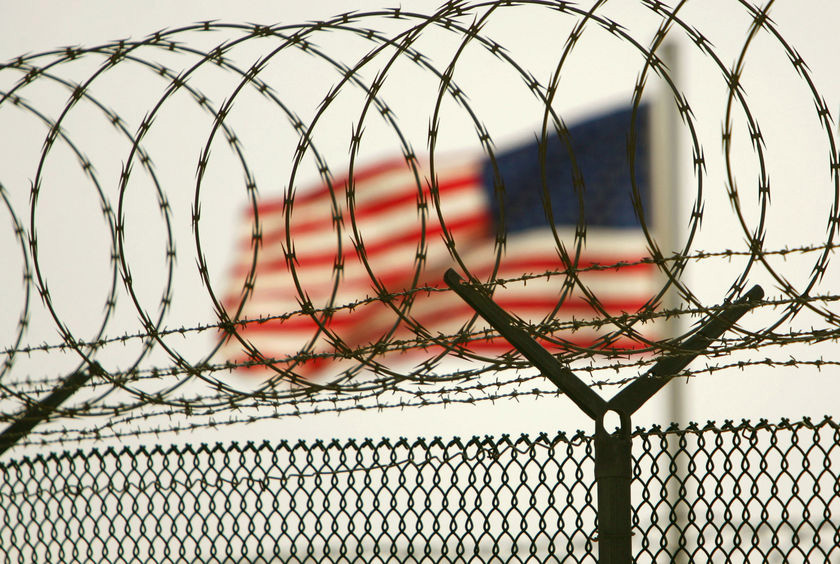
Mar 7, 2011 | E-bulletin on counter-terrorism & human rights, News

Read the 51st issue of ICJ’s monthly newsletter on proposed and actual changes in counter-terrorism laws, policies and practices and their impact on human rights at the national, regional and international levels.
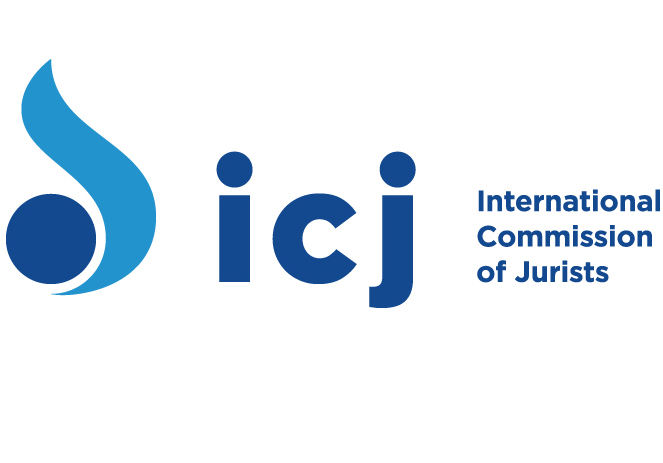
Feb 25, 2011 | News
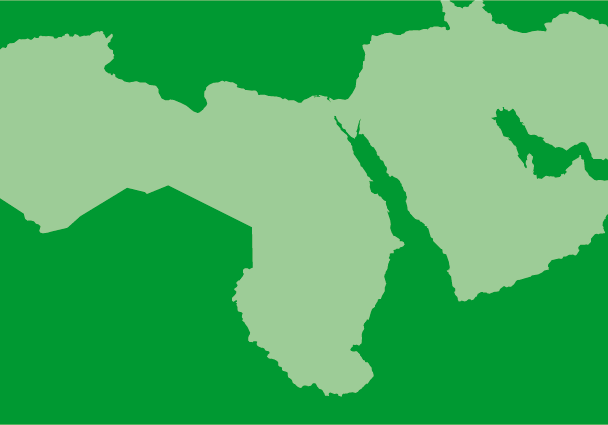 The ICJ welcomes the adoption today by the UN Human Rights Council of one of the strongest resolutions in the short history of the five-year old Council.
The ICJ welcomes the adoption today by the UN Human Rights Council of one of the strongest resolutions in the short history of the five-year old Council.
During a special session on the situation of human rights in the Libyan Arab Jamahiriya, the ICJ had called on the Human Rights Council to take the strongest possible action in response to the gross and systematic human rights violations being committed in Libya.
Libya-HRC-humanrightsviolations-news-2011 (full text, PDF)
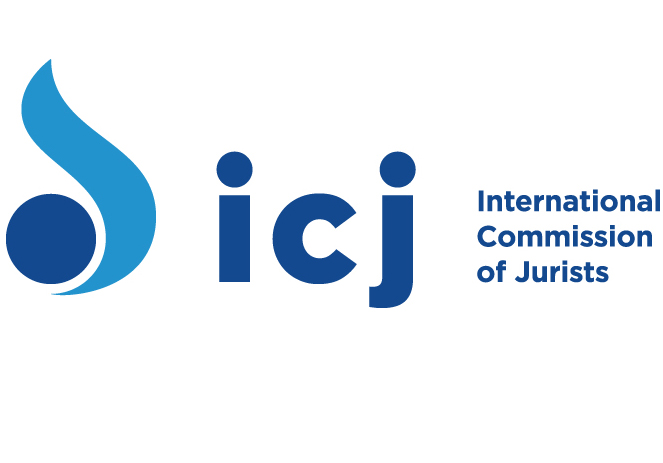
Feb 22, 2011 | News
 The ICJ today called on the Libyan authorities to immediately end the ongoing gross human rights violations committed by security forces and pro-government militia against the civilian population in Libya.
The ICJ today called on the Libyan authorities to immediately end the ongoing gross human rights violations committed by security forces and pro-government militia against the civilian population in Libya.
The ICJ also urged the international community to take robust measures to end the deadly attacks against Libyan demonstrators and to ensure the immediate protection of civilians.
Libya-humanrightsviolations-news-2011 (full text, PDF)

 The Court of Appeal overturned the conviction of Pol. Maj. Ngern Thongsuk due to insufficient evidence in the case of enforced disappearance and presumed murder of human rights lawyer Somchai Neelapaijit (photo).
The Court of Appeal overturned the conviction of Pol. Maj. Ngern Thongsuk due to insufficient evidence in the case of enforced disappearance and presumed murder of human rights lawyer Somchai Neelapaijit (photo).







